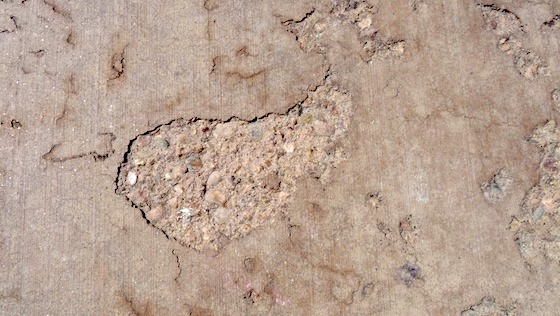Whether you are a first time home buyer or if you’ve been through the process before, there is no doubt it is an exciting time of life. But it can also be quite nerve-wracking, particularly if you are going to be prudent with your mortgage offering. In order to contain costs, many folks are going for much older houses.
But these older homes often present the new buyer with a number of structural challenges that could prove to be damaging to the new owner down the line. These could include problems to do with roofing and exterior fixtures and fittings such as drainpipes trailing from roof to ground or foundation levels.
Speaking of those foundation levels, this short article delves into the question of why buying a second-hand house with foundation problems could be a risk. Our recommendation is to take on expert advice and read extensively on authoritative sites such as http://www.foundationrepairdfw.net/blog/everything-you-need-to-know-to-identify-foundation-problems/ which show you pretty much everything you need to know on how to identify foundation problems.
The Risks
If you take the view of the bespoke risk management consultant, the risks consequent to uneven foundations should be obvious. As a home owner, you have the power and authority to impose your own plan of action, but as a potential buyer you can sometimes be imposed upon by hardy salespersons who are far too much in a hurry to rush you towards signing on the dotted line.
This form of salesmanship quite possibly poses the biggest risk of all. Another early warning is clear evidence of poor housekeeping, from basic cleaning to tidying up the home’s exteriors. When viewing houses, arm yourself with your own discrete checklist and look out for these tell-tale signs towards untimely accidents and tripping or slipping. Internally, and in basement areas, you’ll mostly be looking out for uneven floors. You could also make enquiries as to how high the owner’s utility bills are on average.
How you can detect these
· Weak concrete – Not just weak concrete, but signs of chipping and flaking too. Along with your checklist, bring with you your screwdriver so you can do a little gentle poking of your own.
· Doors that won’t open or close properly – When doors cannot open and shut evenly, then there’s a good chance that the house’s foundations may be shifting.
· The same goes for the windows – This signal that foundations may be shifting is a little more complex to detect, but it is said that resultantly the window’s sill may move while the window stays fixed in position. This leads to it being difficult to open or close the window properly and without hindrance.
You should not wait to be invited by the house owner or his agent to check for faults. You should take it upon yourself to do this yourself. If you are prevented from carrying out such risk management procedures, then you know it’s a clear sign to walk away and move on to the next house.




